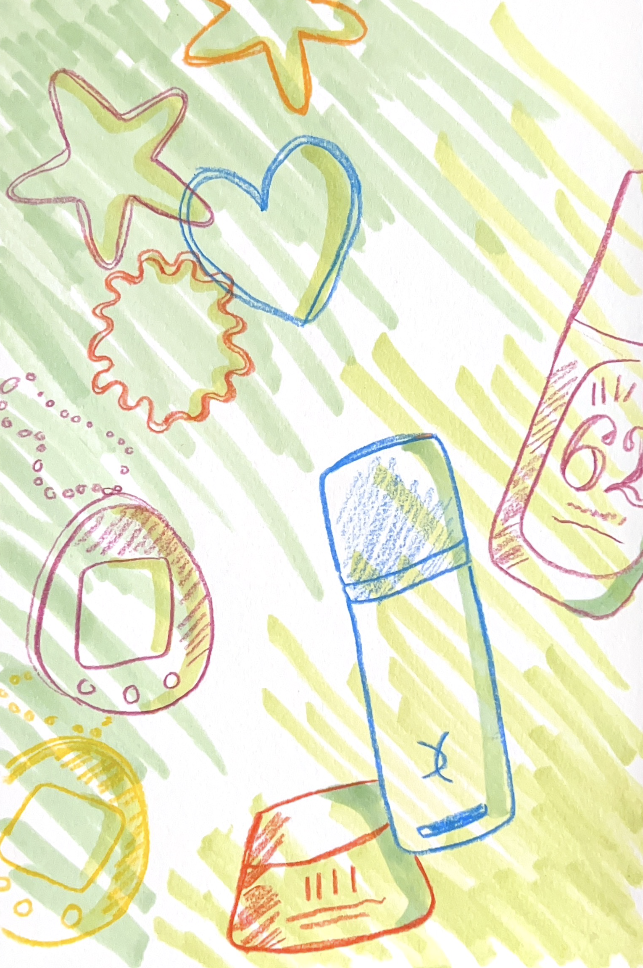When I think of my childhood, I recall the sunny days filled with rubber bracelets, slime and colorful toys that my brother and I had begged for as soon as we saw the Cartoon Network ads.
I remember going to the mall with my older sisters and finding cute clothes in Justice decorated with sparkles and rainbow cheetah prints. I remember going to Claire’s to have my ears pierced for the first time. I remember being a preteen girl and loving all the spaces and opportunities I had to express myself and figure out who I wanted to be.
Now, I see videos as I scroll through social media of girls no older than 12 ransacking beauty stores like Ulta and Sephora, trying to find the perfect brands for their in-depth makeup routines.
The most common products you will find picked over by these tweens are Drunk Elephant and Sol de Janeiro. Both brands were heavily marketed toward teenagers and people in their early 20s when they were founded in the early 2010s. However, they have since switched up their marketing strategy to target a younger audience.
Popular TikTokers like @.evelyn_grwm (age 12,) @harperzilmer4 (age 14) and even Kourtney Kardashian’s daughter, Penelope Disick (age 11,) have all gone viral for their extensive makeup routines that are featured in their “GRWM (Get Ready With Me)” videos.
Dermatologists have gone viral for using clips from these young girls’ videos as examples of what not to do, urging parents to keep their children away from products that contain harsh chemicals like retinol that are recommended for older skin as a means to reduce signs of aging.
This issue has caused a new genre of videos where Gen Z pokes fun at these detailed routines. They reminisce on how they did not know half as much as these girls when they were their age, and some feel they still do not.
This trend ultimately points to a deeper problem that has come as a side effect of social media: loss of innocence.
Girls are realizing from a younger age that they have tiny quirks about them that do not fit into the widely accepted beauty standard. Consumerism teaches them that if they buy the right products, they can change their “imperfections.”
The problem with this is that the list of “imperfections” never ends, and as soon as one problem is fixed, a new one appears. The younger you are, the easier it is to make you think you need these products to feel beautiful.
But, the truth is these little girls do not need half of these products. They are obviously meant for older skin, but as long as the company keeps making money, huge brands have no problem with targeting preteens.
So, what is the solution? My take is that there needs to be more spaces for young girls to exist without feeling like they need to act older just to fit in. It is okay to be a 12-year-old girl, but social media is continuously pushing a narrative that acting young is “cringe” and undesirable.
Going through an awkward phase is part of growing up, and it is key to becoming a functioning adult. So, the next time you see a younger cousin or sibling, remind them that it is okay to be weird. That is what makes being a human so fun.
Hannah Bulgrin is an opinion writer. Contact her at hbulgrin@kent.edu.


